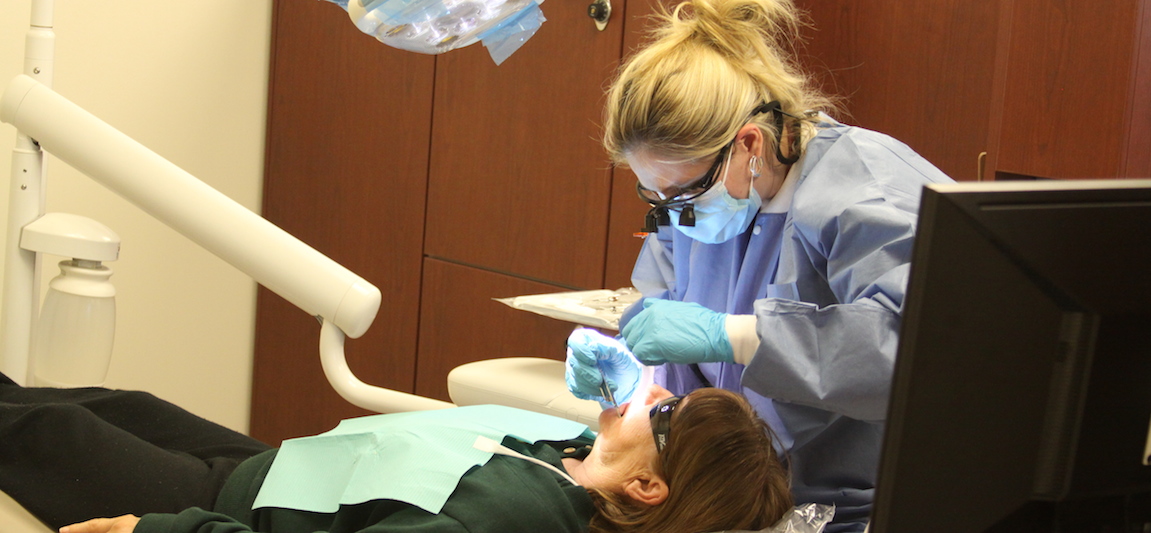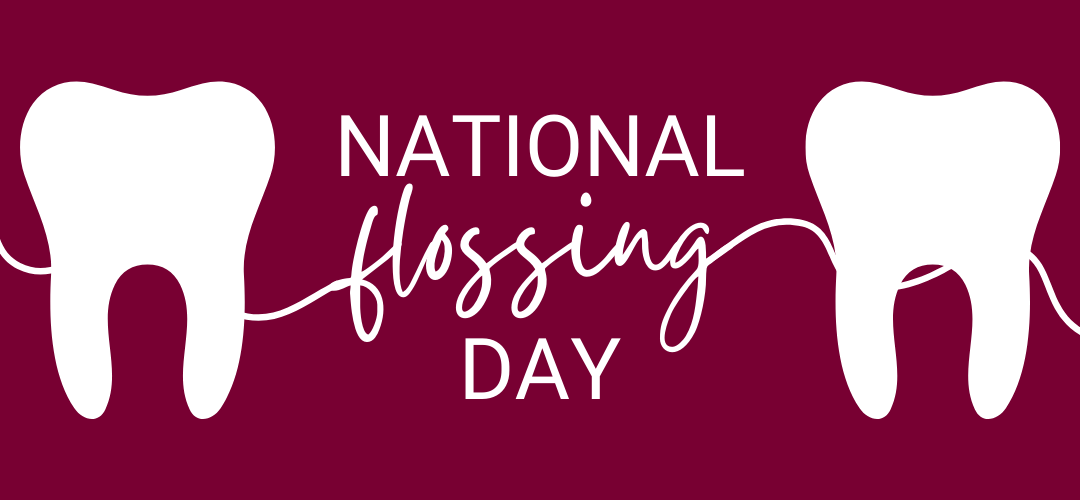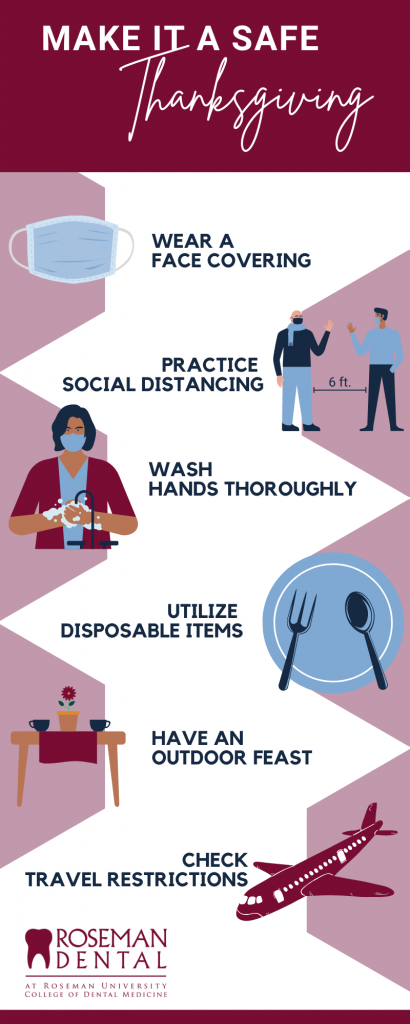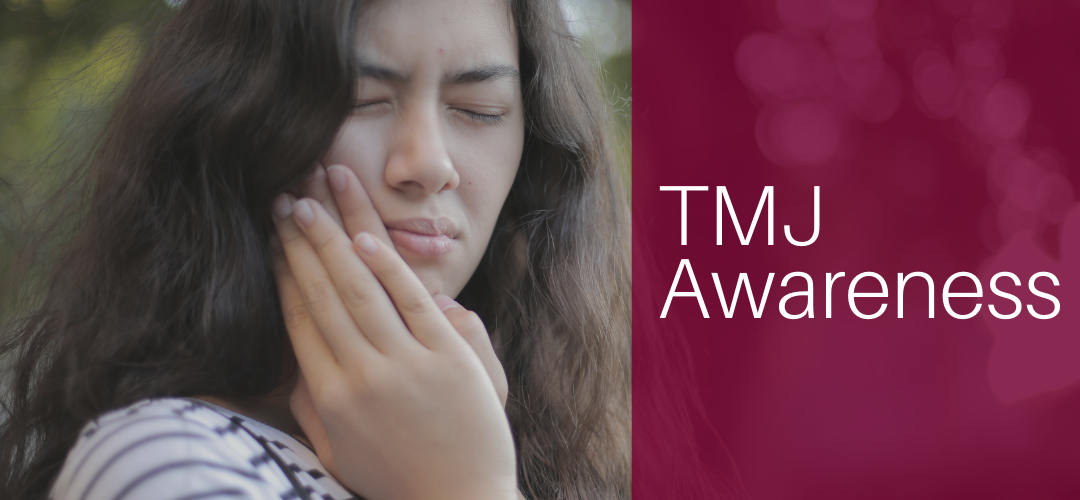
by Roseman Dental | Nov 30, 2020 | Dental Clinic Blog, Roseman Dental - UT
Don’t let the lack of dental insurance stop you from taking care of your oral health. Although dental insurance may not be possible or available for you or your family, there are other options out there. It is important that you make your oral health a priority.
Oral Health Contributes to Your Overall Health
Did you know that problems in your mouth can affect the rest of your body? According to the Mayo Clinic, your mouth is the entry point to your digestive and respiratory tracts. Without proper oral hygiene, bacteria in your mouth can reach levels that might lead to oral infections, such as tooth decay and gum disease. In addition, lack of good oral health can lead to various diseases such as Endocarditis, Cardiovascular disease, pregnancy and birth complications, or pneumonia. Although this information can be scary, there are options other than dental insurance that can allow you to keep regular oral health checkups for you and your family.
Oral health is a vital part of your overall health and lack of dental insurance should not be one of the contributing reasons for poor oral and overall health.
If you do not have dental insurance, what are your options?
Roseman Dental understands the importance of oral health and that is why we have created an affordable Dental Membership Plan for those without dental insurance. Membership is available for individuals and additional family members and is specific to our clinic. Our plan offers 100 percent coverage on all diagnostic services, radiology (except Cone Beam CT’s), and preventative services. In addition, our plan offers 20 percent off other dental services including Cone Beam CT’s. This discounted coverage is in addition to our already reduced prices which are typically lower than what you would find at a traditional dental office.
Membership Dues Per Month
$12 – First Family Member
$7 – Second Family Member
$5 – Each Additional Family Member
Roseman Dental offers two options for paying for your plan.
Option 1
The first four months dues are to be paid in advance. Once services are rendered and discount has been received for any family member on the Dental Membership Plan the four months of dues are non-refundable for any/all family members on the plan. After which, membership fees will be collected monthly with a credit card on file with monthly dues processing on the first of each month.
Option 2
Pay annually for the dues in full. Once services are rendered and discount has been received for any family member on the Dental Membership Plan four months of dues are non-refundable for any/all family members on the plan as well as the dues for any month thereafter where the discount was received and no cancellation in writing had been received.
Dental Membership Plan Coverage Highlights
100 % COVERED
- Examinations including new patient exams, periodic exams, and limited exams.
- Radiographs including full mouth radiographs, bite wig radiographs, periapical radiographs, and panorex.
- Preventative services including adult prophy, child prophy, fluoride varnish, periodontal maintenance, and sealants.
20 % COVERED
- Crowns & bridges
- Extractions & oral surgery
- Fillings
- Implants
- Periodontal treatment
- Removable prosthodontics (complete & partial dentures)
- Root canals & surgery
- Nitrous oxide/oral sedation
- Miscellaneous services
- Cone beam CT
For more information and to review the terms and limitations on Roseman Dental’s affordable Dental Membership Plan click here.

by Roseman Dental | Nov 24, 2020 | Dental Clinic Blog, Oral Health, Roseman Dental - NV, Roseman Dental - UT
In November of 2000, the National Flossing Council created National Flossing Day to educate patients about the importance of keeping teeth and gums in pristine condition. Occurring annually the day after Thanksgiving, it’s a fantastic way to give thanks to our teeth for helping us enjoy such delicious food.
Why is Flossing Important?
The American Dental Association (ADA) recommends flossing between teeth at least once a day for good oral health. Flossing helps in the removal of plaque from teeth. Plaque is a sticky film of bacteria and saliva that collects below the gum line and can harden into tartar over time. By not practicing good oral hygiene, such as flossing and brushing, bacteria can cause inflammation known as periodontal disease. This disease causes receding gums, tooth decay and possible tooth loss.
Benefits of Flossing
Daily flossing helps decrease the amount of food particles and debris left in the mouth. In turn, this helps decrease plaque build-up that can cause tooth decay, bad breath, and gum disease.
- Prevents tooth decay: When plaque build-up occurs, it can damage tooth enamel which weakens teeth and causes tooth decay. Flossing and proper dental maintenance can help prevent plaque build-up and keep teeth strong.
- Prevents bad breath: Food consumed throughout the day leaves particles and debris between teeth which eventually deteriorates and causes a bad odor. Similar to leaving leftovers in the fridge for too long – eventually they’ll grow mold and produce a disgusting odor. Flossing helps remove trapped debris from between teeth leaving the mouth fresh.
- Prevents gum disease: When plaque builds up, collects around the teeth and is not removed it is considered tartar. Tartar is one of the leading causes of gum disease. Daily flossing decreases the amount of plaque build-up on the teeth, therefore helping gums stay healthy.
Should I Floss Before or After Brushing?
If it’s a thorough job, flossing can occur either before or after brushing. Find a time of day that suits you best, utilize the simple flossing tips below, and get to flossing!
Simple Flossing Tips
- Wash hands before flossing
- Use approximately 18 inches of dental floss
- A gentle up and down motion to clean between teeth is best
- Use a new section of floss between each tooth
- 1 minute a day keeps the Doctor away
- For tightly spaced teeth stick to waxed floss
- Focus on the front and back teeth
- Don’t use foreign objects to floss teeth
On National Flossing Day and beyond, let floss be a tool in your oral health arsenal. In addition, keep brushing and contact us for your regular teeth cleaning and comprehensive dental exam. To schedule an appointment, contact your nearest Roseman Dental location.
Roseman Dental & Orthodontic Clinic – Henderson, NV: 702-968-5222
Roseman Dental – South Jordan, UT: 801-878-1200

by Roseman Dental | Nov 20, 2020 | Dental Clinic Blog, Roseman Dental - NV, Roseman Dental - UT
If a muralist was to paint a portrait of the 2020 Thanksgiving celebration, it may look a little different from that of the first feast shared between the Pilgrams and Native Americans in 1621 or even your own feast in 2019.
As the United States continues an upward trend of COVID-19 cases during the month of November, experts are cautioning traditional Thanksgiving celebrations of large gatherings. According to the Nevada COVID Map and Case Count by the New York Times, on November 19 Nevada reported the highest count since the beginning of November with 2,128 cases. Over the past week (11/13/2020-11/19/2020), Nevada has reported an average of 1,839 cases per day which is an increase of 87 percent from the average two weeks earlier.
Dr. Bruce Morgenstern, the senior executive dean for clinical affairs at Roseman University College of Medicine and practicing physician at Roseman Medical Group (RMG), recently shared tips for Thanksgiving preparations during the coronavirus pandemic with KTNV Las Vegas.
For those planning a traditional Thanksgiving during COVID, the Centers for Disease Control and Prevention (CDC) has some recommendations to minimize the risk of having COVID-19 as an additional guest during Thanksgiving dinner.
6 Tips for a Safe Thanksgiving during COVID

If planning to travel out of state, Dr. Morgenstern suggests getting a flu vaccine before your trip as an added barrier. Whether celebrating close to home or far away, taking necessary precautions could help reduce the risk of COVID-19 or other harmful viruses from affecting you and your loved ones.

by Roseman Dental | Nov 9, 2020 | Dental Clinic Blog, Dental School, Roseman Dental - NV, Roseman Dental - UT
Temporomandibular joint (TMJ) Awareness Month takes place every November with the purpose of educating the public about the realities of TMJ disorders. According to the National Institute of Dental and Craniofacial Research, estimates suggest that TMJ disorders affect over 10 million Americans.
What is TMJ?
TMJ is a hinge that connects the jaw to the temporal bone of the skull. There is one joint on each side of the jaw. This joint works together with supporting jaw muscles and ligaments to help an individual talk, chew, and yawn by moving the jaw up and down, and side to side.
Because this joint is so small and delicate, it’s prone to becoming damaged, inflamed or irritated. When this occurs, an individual might experience issues with chewing, speaking or opening their mouth, and suffer from severe pain and discomfort.
What is TMD?
Temporomandibular disorders (TMD) is the term used to refer to the various disorders that can affect the temporomandibular joint.
What causes TMD?
The TMJ combines a hinge action with gliding motions. The parts that interact in the joint are shielded with cartilage and are separated by a small shock-absorbing disk which keeps the movement smooth. Although the exact cause of the condition is not clear, there are several factors that may increase the risk of developing TMD.
Causes and possible risk factors include:
- Deterioration of the disk through various types of autoimmune diseases
- Jaw injury or dislocation due to trauma from an accident
- Overuse through excessive gum chewing or teeth grinding and/or clenching
- Tooth or jaw alignment
- Infection or inflammation in the chewing muscles
What are the Symptoms of TMD?
An individual with TMD often experiences severe pain and discomfort. It can be temporary or last several years and might affect one of both sides of the face. TMJ disorders are known to affect more women than men and are most commonly found in those between the ages of 20 and 40.
Common symptoms include:
- Pain or tenderness in the TMJ or jaw muscles
- Locking of TMJ – making it difficult to open or close the mouth
- Clicking sound or grating sensation when opening the mouth or chewing
- Tension in the face, neck and shoulders
- A change in teeth alignment
Treatment Options for TMD
Most TMJ disorders are self-limiting, therefore a conservative approach is best. This approach includes eating soft foods, avoiding repetitive function (gum chewing, biting nails, ice chewing), modifying pain with heat packs, and practicing relaxation techniques to minimize tension. A dentist may recommend exercises to strengthen the jaw muscles, medications, or a night guard or bite plate to decrease grinding or clenching.
Care at Roseman Dental
Patients experiencing symptoms associated with a TMJ disorder, needing help to treat pain, jaw dysfunction, or restoration of bite can visit Roseman Dental. To find out how to become a patient of Roseman Dental at Roseman University College of Dental Medicine, or to schedule an appointment, please contact us at the location closest to you. Roseman Dental is here to help in eliminating the pain and discomfort associated with TMJ disorders.
Roseman Dental & Orthodontic Clinic – Henderson, NV: 702-968-5222 or visit www.rosemandental.com/become-a-patient-nv.
Roseman Dental – South Jordan, UT: 801-878-1200 or visit www.rosemandental.com/become-a-patient.
For more information on TMJ disorders visit the Nation Institute of Dental and Craniofacial Research at www.nidcr.nih.gov.
Article by Kristine Campo





